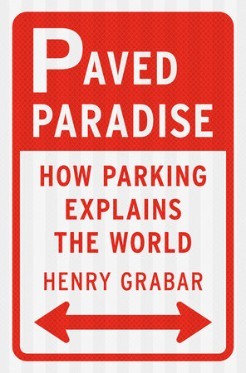It was a November afternoon in Queens and Jie Zou was looking for a parking spot. He pulled his white Audi in front of a space on Kissena Boulevard, by Rainbow Bakery, and prepared to back in. But Zong Li drove up behind him, angling for the same opening. It was a typical New York moment, a low-stakes impasse that has its own Seinfeld episode, until the men got out of their cars.
The argument escalated quickly. Zou punched Li in the face, and Zou's passenger, Jonathan Zhang, produced a baseball bat, which he swung at Li and his companion. After Li wrestled the bat away, Zou and Zhang got back into the Audi and pulled across the street. Li followed, smacking the bat on the hood of the Audi. Then Zou hit the accelerator. When the Audi hit Li, he flipped across the hood of the car. Zou kept driving, jumped the curb, and sent the sedan careening into Rainbow Bakery's plate-glass window. The car ended up six feet into the shop, leaving shoppers lying in the shattered glass. Five people were taken to the hospital; Zou, who left the scene on foot, was later arrested and charged with assault.
John Lo, the owner of Rainbow Bakery, stood forlorn among the smashed display cases, bent wall studs, and Sheetrock dust of his store. "It's just for a parking space," he said is disbelief. It was his opening day.
You may feel similarly shocked to learn that disputes over parking spaces can and do lead to violence. In a few dozen incidents each year, they even lead to death. Typically, these killings get little discussion beyond a perfunctory spot on the local news, in which a bewildered, siren-lit reporter standing outside a store or an apartment complex asks what is obviously intended as a rhetorical question: How could someone end a life over something so trivial? Over a parking spot?
But since these fights keep happening, it's clear that it's not a rhetorical question—nor a very difficult one to answer. Parking-driven psychosis is a regular feature of American life, and these outbursts are more ordinary than we might like to think. Indeed, I have come to see these fits of rage as highly visible eruptions of a common parking urge shared by most nonhomicidal drivers, whether we're behind the wheel or not. They are expressions of the same fear that rises into view anytime our parking comes under thread, whether it's the neighborhood lot or the curb in front of your house. "Thinking about parking seems to take place in the reptilian cortex, the most primitive part of the brain, said to govern instinctive behavior involved in aggression, dominance, territoriality, and ritual display," writes Donald Shoup, the country's foremost parking scholar.
